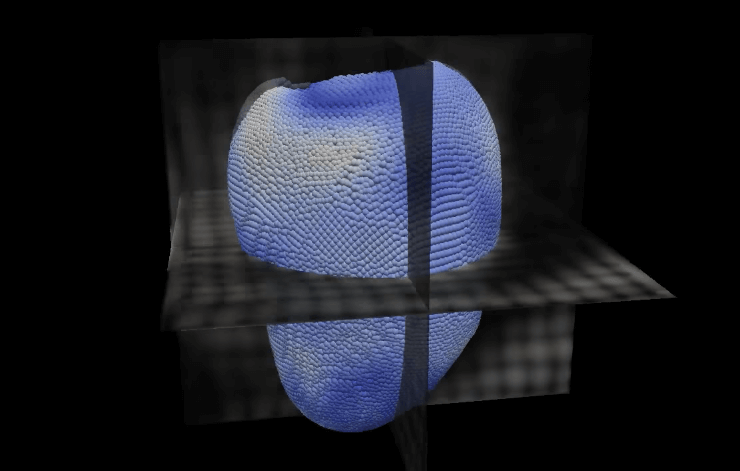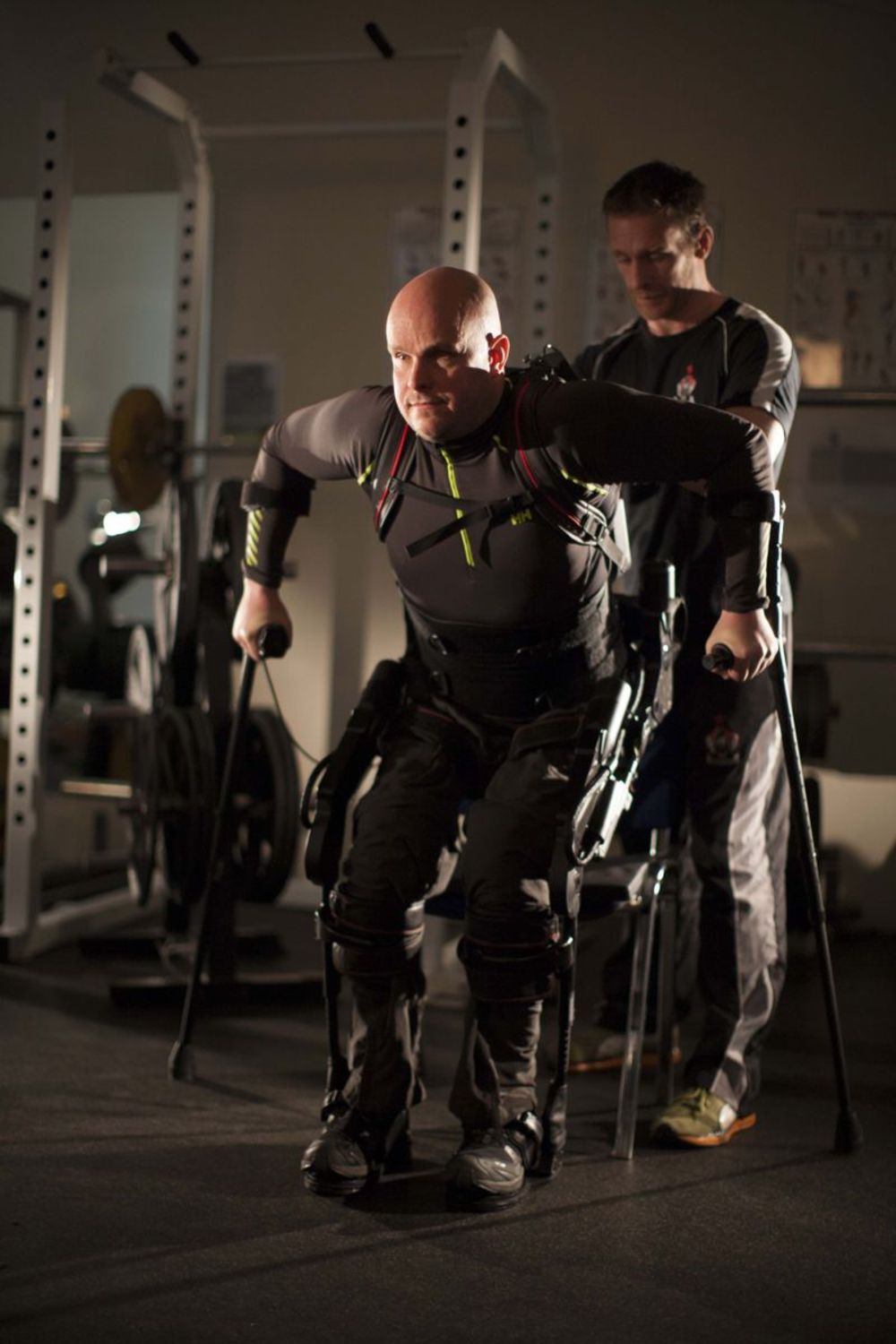Artificial intelligence (AI) is useful in many different applications, but one area in particular that it seems to excel in is the medical field. Scientists from the MRC London Institute of Medical Sciences (LMS) have now developed AI machine learning software that is capable of diagnosing with an 80% accuracy when patients suffering from a serious heart condition will die. Although this may sound a little dreary, it’s a fantastic breakthrough for scientists and will allow doctors to prescribe a better treatment plan.
Patients diagnosed with pulmonary hypertension have hardened pulmonary arteries, causing them to pump blood to the lungs inefficiently. It’s an incurable condition that affects around 7,000 people in the UK alone, and if left untreated can be fatal. Being able to assess how advanced the condition is in a patient will help doctors come up with more efficient treatments. This new program assessed the blood test results and MRI scans of 250 patients’ hearts and then used the information to create a 3D virtual heart for each patient. This enabled the researchers to learn what individual traits indicated heart failure the next five years.
The software accurately predicted with an 80% accuracy which patients would still be alive in one year’s time and could also analyze patients in seconds, allowing them to “give the right treatment to the right patients, at the right time.” One of the study’s leads researchers, Dr. Declan O’Regan, said, “This is the first time computers have interrupted heart scans to accurately predict how long patients will live. It could transform the way doctors treat heart patients. A doctor equipped with this new cardiac imaging approach would, therefore, be able to make more informed judgments about the outcome than if they were relying on current ways to investigate patient data.”
Now the team at LMS is hoping to test the new technology out in various medical establishments across London. The man behind the making of the machine’s algorithms, Tim Dawes, says, “We would like to develop the technology so it can be used in many heart conditions to complement how doctors interpret the results of medical tests. The goal is to see if better predictions can guide treatment to help people live longer.”
More News To Read
- Student Creates Fake News Detector Using Neural Networks
- New Alzheimer’s Drug has Rather Odd but Perhaps Useful Side Effect
- New Method for Measuring Milky Way Shows it’s Much Lighter Than We Realized
- China Slashes Coal Consumption by Canceling 104 New Coal Plants
- When Technology Can’t Replace Humans?!…











